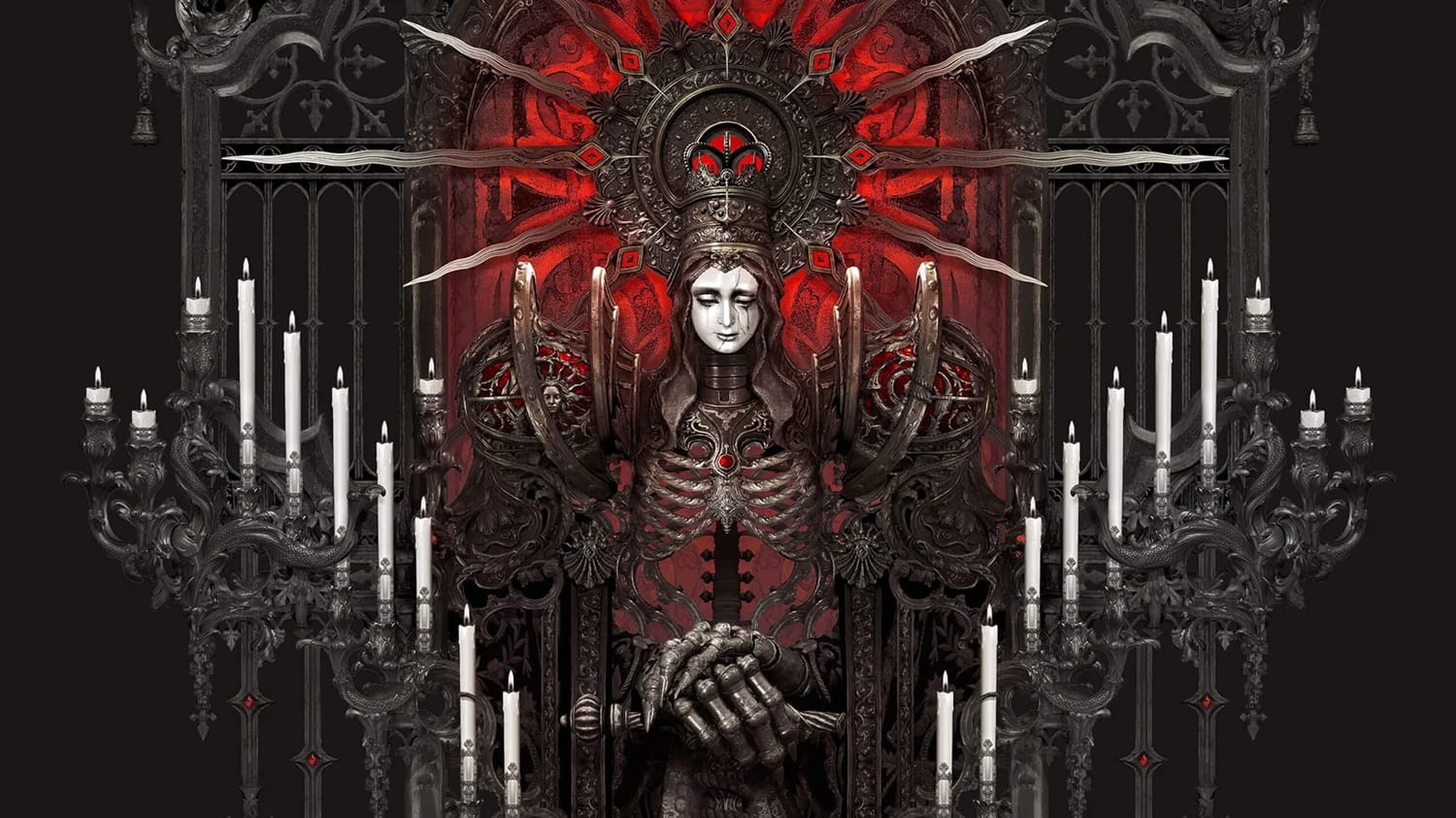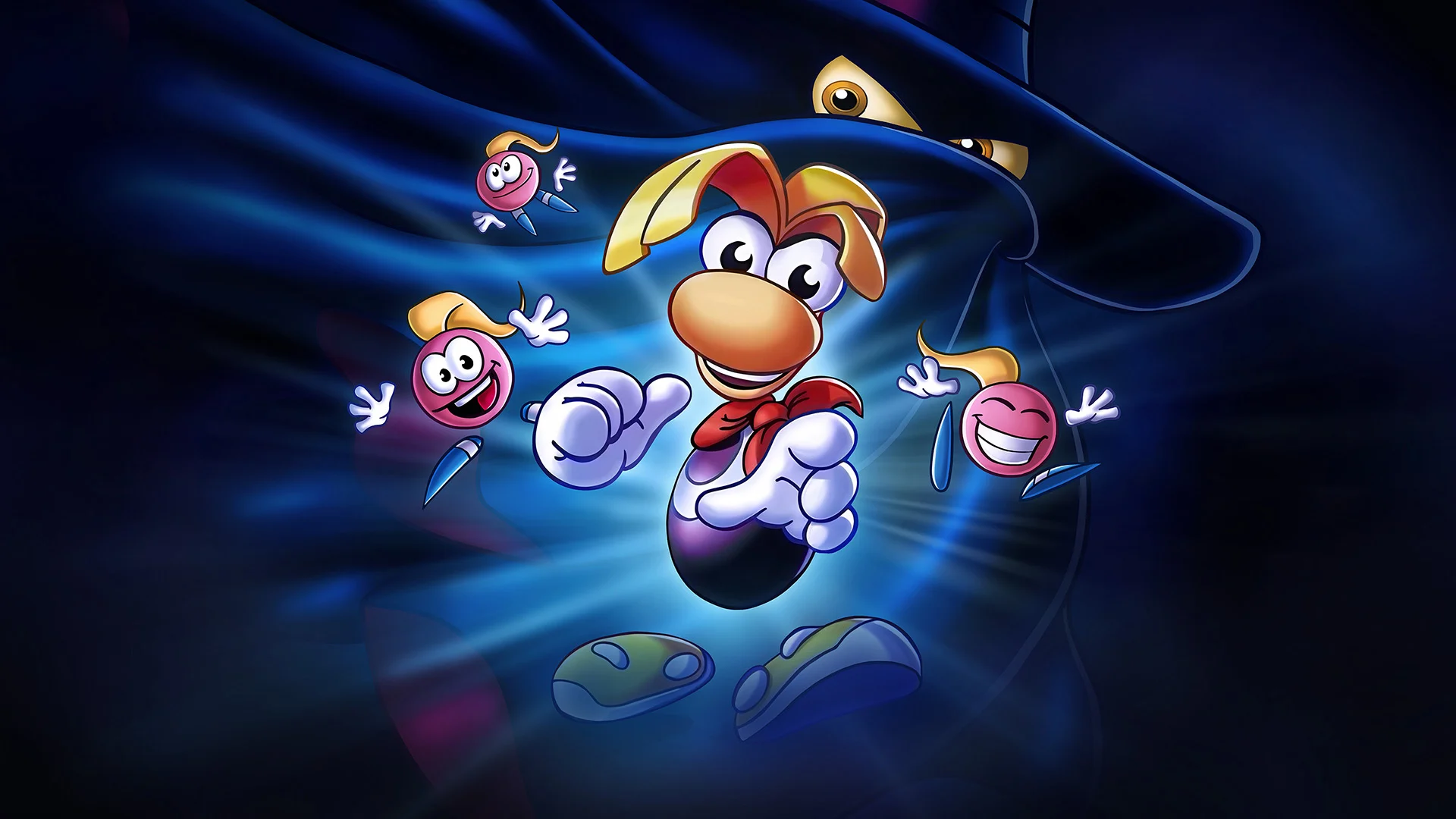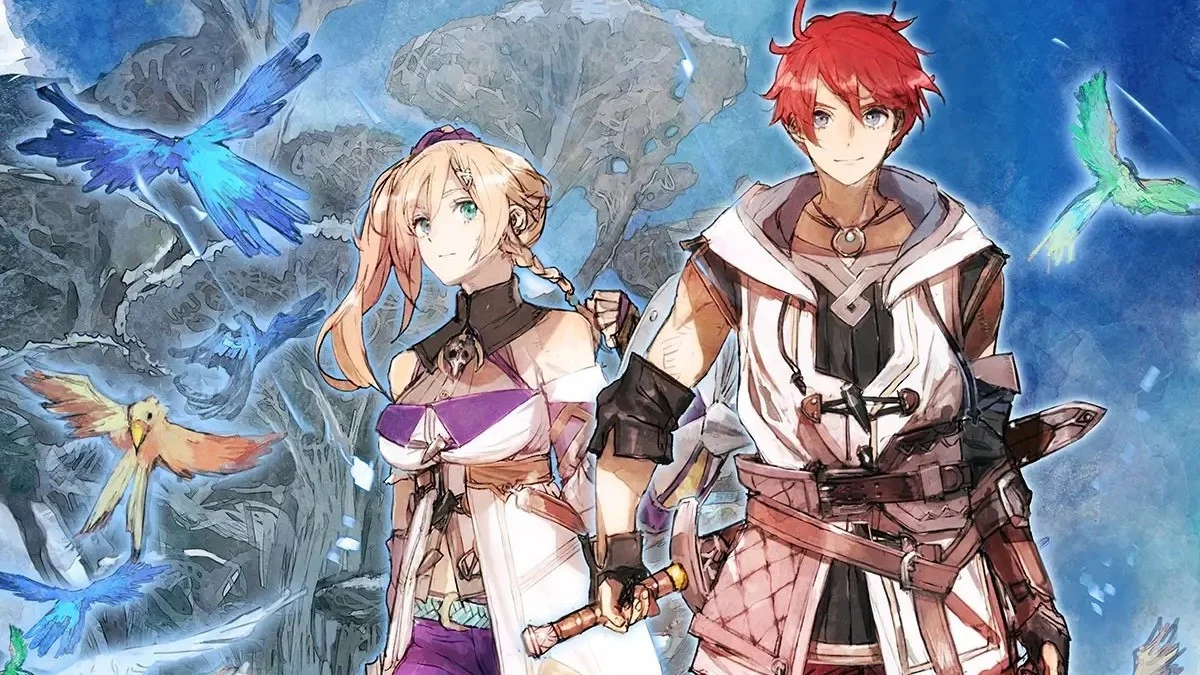The word ‘cinematic’ sure gets thrown around a lot. Whenever we get a game that’s big and loud, it gets labeled as such. To the truest sense of the word, only a handful of games have gotten anywhere close to what the term actually represents, for as much as videogame developers like to claim about their creations.
Beyond: Two Souls tries really hard to look like a movie in game form. In that regard, it succeeds; it’s easily one of the best looking Playstation 3 titles, with some of the most realistic human portrayals this side of the uncanny valley. As a game that attempts to be cinematic by bringing in Hollywood actors’ appearances and a science fiction story, offering little in terms of gameplay, not quite.
Like Quantic Dream’s previous releases like Heavy Rain and Fahrenheit, Beyond tries its best to play differently from your usual videogame. Although you have control over the main character’s movements, interactions are handled in many ways throughout the game, by using just about every Dual Shock 3 button. It sounds convoluted at first, and well… it is.
 The focus of Two Souls is set on Jodie, a girl born with the power to communicate with an entity called Aiden. We’re told her story through different stages of her life, and like the current trend of films and TV shows, it’s delivered in non-linear segments. Non-linear sections are nothing new to videogames and to its credit, Beyond does a satisfactory job of keeping you in the dark about certain aspects of its story. Unfortunately, by the half way mark, the pacing of the story starts to grow tiring.
The focus of Two Souls is set on Jodie, a girl born with the power to communicate with an entity called Aiden. We’re told her story through different stages of her life, and like the current trend of films and TV shows, it’s delivered in non-linear segments. Non-linear sections are nothing new to videogames and to its credit, Beyond does a satisfactory job of keeping you in the dark about certain aspects of its story. Unfortunately, by the half way mark, the pacing of the story starts to grow tiring.
Thankfully, the cast of Beyond is so likeable that you will want to see it through, problems and all. Jodie is performed by actress Ellen Page, with Willem Dafoe at her side in the role of Nathan, a scientist tasked with researching her abilities. Both actors manage to be used to fantastic effect thanks to the thoughtful use of performance capture. Dafoe in particular is expressive and his signature voice tone fit in well to his character’s personality throughout the game.
Jodie’s even more impressive. As we get to see her in various stages of her life, Page’s performance shows its range, even though at times it’s a little hard to pinpoint how old the character is supposed to be visually, especially towards the closing portions of Beyond. The side characters are also well played, helping drive home the sense of caring about their fate, which few games manage to convey.
 That’s exactly why the ‘unique’ way Beyond: Two Souls plays works to its detriment. Aside from cut off moments that force you to make binary decisions, little of the game is depedent on your input. Aside from the ‘QTE’ (quick time event) aspect of action scenes, which have you inputting button commands based on a prompt or using the right analog stick in different directions in other to defend Jodie against attackers, the closest you come to directly influencing anything in the game is through Aiden.
That’s exactly why the ‘unique’ way Beyond: Two Souls plays works to its detriment. Aside from cut off moments that force you to make binary decisions, little of the game is depedent on your input. Aside from the ‘QTE’ (quick time event) aspect of action scenes, which have you inputting button commands based on a prompt or using the right analog stick in different directions in other to defend Jodie against attackers, the closest you come to directly influencing anything in the game is through Aiden.
Aiden’s portions insert you in a misty version of the environment Jodie is in, allowing you to go Poltergeist. Most of these interactions don’t influence a lot in the way of story and for the most part feel like fluff in the way of following the overall script of the game. Still, in the moments that count, Aiden comes into play in exciting ways that help ramp up the dramatic tone of Beyond‘s many action scenes that would best go unspoiled.
What really comes out of my experience with Beyond: Two Souls, is that games can in fact be cinematic and playable. The interactive limitations in Beyond are just that: very artificial limitations. Even with the numerous branches in its story, you’re still trapped and force into following pre-determined tracks. Playing the game in duo mode, which splits controlling Jodie and Aiden to two Playstation 3 controllers or a controller and a mobile device is a novel idea, and would be an excellent implementation if there was more to do.
The same complaints could be used to criticize adventure games in general, granted, but it’s clear Two Soul‘s scope is far (pardon the unintended pun) beyond what is expected from a story heavy game like The Walking Dead. Consequences in Beyond come from an inadequate attempt at being different simply for the sake of having an unique control scheme instead of the choices you are given. The lack of control serves as a detriment to the overall experience of living through Jodie, which is extremely disappointing.
Funnily enough, in a way, the nature of its delivery would make for an excellent TV mini series. Instead, Beyond: Two Souls, while yet another step towards Quantic Dream and director’s David Cage’s long running goal of creating games that blur entertainment media together, is yet another highly ambitious and divise, potential filled videogame that is ultimately flawed.






